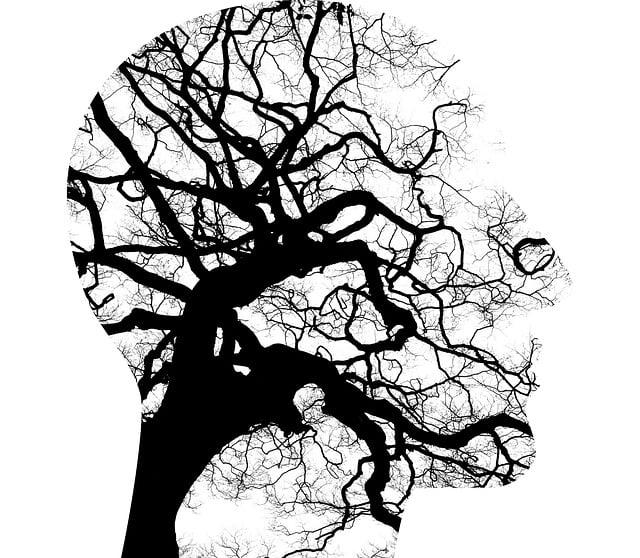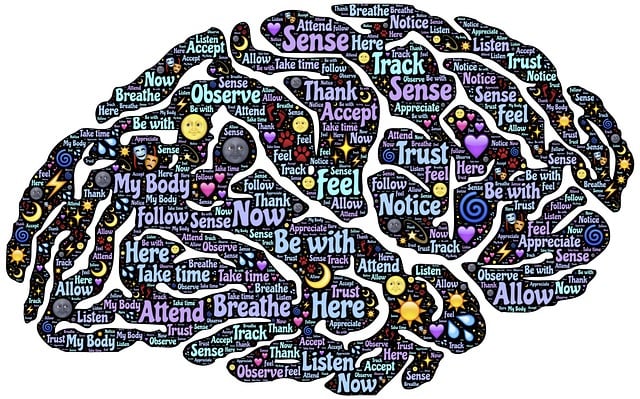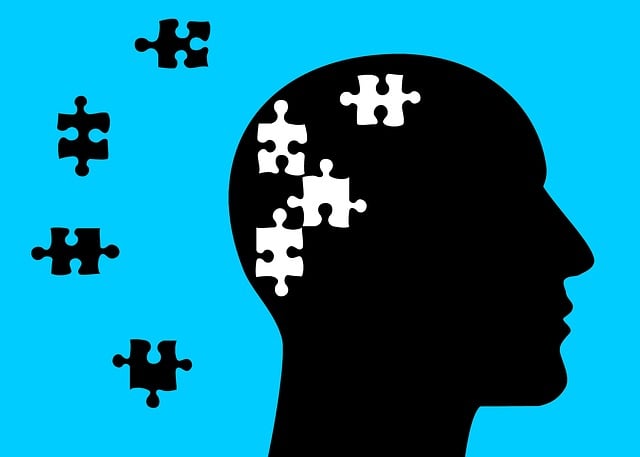Castle Rock Mental Health Evaluations Therapy emphasizes emotion regulation as a key to mental well-being in a stressful world. They offer personalized evaluations that uncover emotional complexities, guiding clients towards effective stress management, anxiety relief, and mood disorder prevention. Their evidence-based approach combines techniques like mindfulness, CBT, and ACT, fostering resilience, self-awareness, and healthier relationships. This holistic therapy empowers individuals to navigate mental health challenges, enhance quality of life, and achieve long-term happiness and fulfillment.
Emotion regulation is a vital skill for navigating life’s challenges. This article explores techniques that foster personal growth and well-being, delving into the significance of understanding and managing emotions. We examine Castle Rock Mental Health Evaluations as a crucial tool for identifying emotional struggles, guiding individuals towards effective strategies. From teaching mindfulness to cognitive reframing, these practices empower folks to integrate therapy into daily life, enhancing resilience and overall mental health.
- Understanding Emotion Regulation: Unraveling the Concept and Its Significance
- The Role of Castle Rock Mental Health Evaluations in Identifying Emotional Challenges
- Effective Teaching Strategies for Emotion Regulation Techniques
- Integrating Therapy: Practical Applications for Personal Growth and Well-being
Understanding Emotion Regulation: Unraveling the Concept and Its Significance

Emotion regulation is a complex process that involves recognizing, understanding, and managing one’s feelings effectively. It’s about more than just suppressing emotions; it’s an essential skill for maintaining mental well-being. By learning to regulate their emotions, individuals can enhance their overall quality of life, foster healthier relationships, and make more thoughtful decisions. This concept is particularly significant in today’s fast-paced world where stress and pressure are prevalent, often leading to issues like burnout and mood disorders.
At Castle Rock Mental Health Evaluations Therapy, we recognize the importance of teaching emotion regulation techniques as a proactive approach to mental health care. Through our services, clients gain valuable coping skills development, enabling them to navigate life’s challenges with greater resilience. By mastering these skills, individuals can prevent burnout, manage their moods more effectively, and ultimately lead happier, more fulfilling lives.
The Role of Castle Rock Mental Health Evaluations in Identifying Emotional Challenges

Castle Rock Mental Health Evaluations play a pivotal role in identifying emotional challenges and providing a roadmap for effective therapy. These evaluations go beyond surface-level assessments, delving into the intricate details of an individual’s mental health landscape. By employing comprehensive tools and expert insights, therapists can gain valuable insights into underlying issues that contribute to anxiety relief, stress reduction methods, and overall mood management.
The process involves a meticulous analysis of symptoms, behaviors, and personal history, allowing for tailored interventions. With this information, therapists can design customized therapy plans aimed at addressing specific emotional challenges. By leveraging Castle Rock Mental Health Evaluations, individuals not only gain a clearer understanding of their emotional states but also receive targeted support to enhance their well-being.
Effective Teaching Strategies for Emotion Regulation Techniques

Teaching emotion regulation techniques effectively involves tailoring strategies to individual needs while fostering a safe and supportive learning environment. One powerful approach is incorporating mindfulness exercises, such as deep breathing or guided visualizations, which can help students gain awareness of their emotions and learn to respond rather than react impulsively. These practices, often integrated into Castle Rock Mental Health Evaluations and Therapy programs, not only promote self-awareness but also enhance focus and calmness, making it easier for individuals to manage intense feelings.
Additionally, teaching emotion regulation shouldn’t stop at the surface level. Encouraging open discussions about mental illness stigma reduction efforts and burnout prevention can empower students with a deeper understanding of their emotional experiences. By incorporating activities that explore the connection between mind and matter—a core principle in many therapeutic approaches—educators can help learners apply these concepts to their daily lives, fostering resilience and better coping mechanisms. This holistic approach, supported by research, ensures that students develop practical tools for managing emotions, ultimately contributing to improved mental well-being.
Integrating Therapy: Practical Applications for Personal Growth and Well-being

Integrating therapy into one’s life can be a game-changer for personal growth and well-being, especially when tailored to individual needs. Castle Rock Mental Health Evaluations Therapy offers practical applications that go beyond traditional talk therapy. By incorporating various techniques such as mindfulness, cognitive behavioral therapy (CBT), and acceptance and commitment therapy (ACT), individuals gain powerful tools to manage and regulate their emotions effectively. These evidence-based practices enable people to navigate life’s challenges with resilience and adaptability.
The benefits extend further, fostering improved relationships and enhanced self-awareness. Cultural sensitivity in mental healthcare practice is also a key focus, ensuring that the therapeutic journey respects diverse backgrounds and beliefs. Additionally, burnout prevention strategies for healthcare providers are integrated, promoting sustainable practices for both clients and therapists. Conflict resolution techniques learned through these integrations can transform interpersonal interactions, leading to healthier and more fulfilling relationships.
Emotion regulation is a powerful tool for personal growth, and understanding its significance is key. By utilizing Castle Rock Mental Health Evaluations as an initial step, individuals can identify emotional challenges and embark on a journey towards well-being. Effective teaching strategies, as highlighted in this article, empower educators to guide students in mastering emotion regulation techniques. Integrating these practices into therapy opens doors to profound personal transformation, fostering resilience and enhancing overall mental health.














